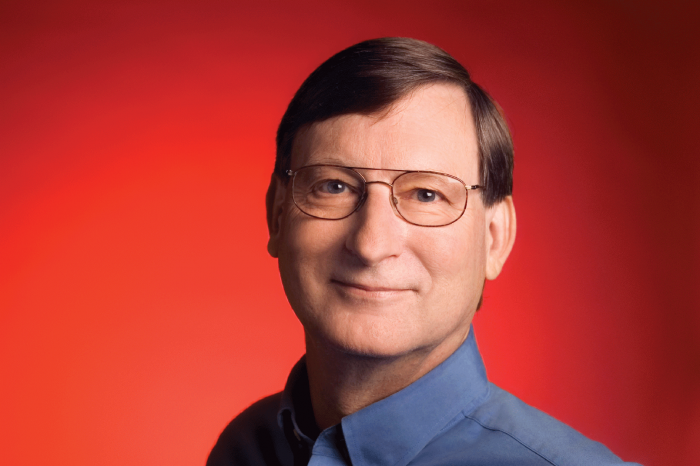
Hal Varian was raised on a farm in a sleepy Ohio town. Growing up, he turned to science fiction for excitement.
“At 14, I read the Foundation trilogy by Isaac Asimov; it was about a future where social science had become an exact science, and you could mathematically model human behavior,” Varian says. “When I got to MIT, I realized that mathematically modeling human behavior was called economics. It shaped my whole life.”
Now chief economist at Google, he specializes in microeconomics and leads a team of 10 economists, including statisticians, operations research analysts, and number crunchers. “One of the big issues in the economy these days is the role of automation, so there’s lots of questions being raised in terms of impact on the job market and impact on prosperity. It’s something we’re intensely interested in,” says Varian, who works on econometrics, finance, corporate strategy, public policy, and the design of advertising auctions.
“Google is booming,” he says. “We’ve got lots of smart, high-energy people doing all sorts of new things, and we’ve branched out from our original model of search and are now working on autonomous vehicles, biological projects, and telecommunications.” He adds that Alphabet, the multinational conglomerate launched by Google’s founders two years ago, focuses on Internet connectivity, life sciences, online video and entertainment, and more.
Varian earned his MIT bachelor’s degree in economics and then a master’s in mathematics and a PhD in economics from the University of California, Berkeley. He taught at the University of Michigan for 18 years, later became founding dean of Berkeley’s School of Information, and is now professor emeritus of information, business, and economics. He also taught at MIT, Stanford, Oxford, and other universities across the world. Fifteen years ago, he jumped to Google.
The author of two bestselling textbooks translated into 25 languages, Varian also coauthored the 1998 best-seller Information Rules with Carl Shapiro ’76, PhD ’81. According to Fortune, it is among the 75 smartest books about business strategy ever written. Varian also wrote an economics column for the New York Times for seven years.
“MIT had a big impact on my life. It showed me what was possible,” he says. “Even now, when I come across a new problem, I’ll jump right in. I’ll say, ‘I can do this.’ MIT gave me the optimism to look for solutions.”
Varian lives in Danville, California, with his wife, Carol, a watercolor artist. Their son, Chris, lives in Denver. When he’s not at Google, Varian likes to read and watch videos, and he is an amateur chef.
Keep Reading
Most Popular
Large language models can do jaw-dropping things. But nobody knows exactly why.
And that's a problem. Figuring it out is one of the biggest scientific puzzles of our time and a crucial step towards controlling more powerful future models.
How scientists traced a mysterious covid case back to six toilets
When wastewater surveillance turns into a hunt for a single infected individual, the ethics get tricky.
The problem with plug-in hybrids? Their drivers.
Plug-in hybrids are often sold as a transition to EVs, but new data from Europe shows we’re still underestimating the emissions they produce.
Stay connected
Get the latest updates from
MIT Technology Review
Discover special offers, top stories, upcoming events, and more.